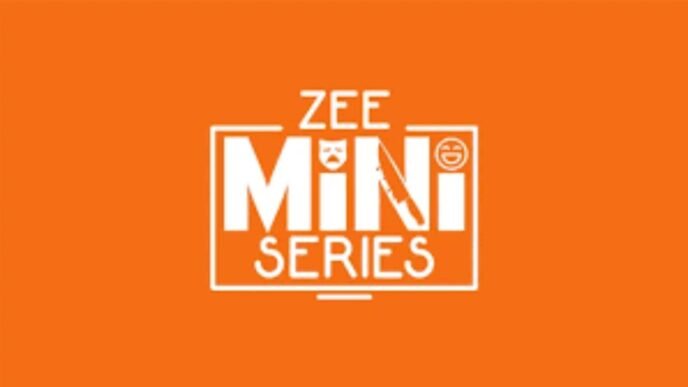New Delhi: The Telecom Regulatory Authority of India (TRAI) has unveiled its recommendations for a regulatory framework tailored for Ground-Based Broadcasters (GBBs). These recommendations, derived from a consultation paper issued on October 18, 2024, align closely with the 2022 “Guidelines for Uplinking and Downlinking of Satellite Television Channels in India,” ensuring consistency while accommodating the unique needs of GBBs.
TRAI emphasized that the GBB framework mirrors the satellite television broadcasting guidelines, excluding provisions related to satellite communications. This approach ensures fairness and technological neutrality, creating a seamless regulatory environment across different broadcasting platforms.
A key highlight of the recommendations is the establishment of a national-level service area for GBBs. During an open house discussion on December 20, 2024, Rabindra Narayan, President of PTC Network, stressed the importance of maintaining broadcasting as a central subject. “Broadcasting impacts law and order, national security, and international interests. It must remain under a central body’s purview to prevent regional influences from undermining broader goals,” Narayan stated.
ALSO READ: Dettol Drives Hygiene at Maha Kumbh Mela 2025
TRAI echoed these sentiments, noting that a national-level framework simplifies monitoring, fosters uniformity, and aligns with existing guidelines for satellite-based broadcasters. However, the regulatory body left the door open for future adjustments, allowing the Ministry of Information & Broadcasting to revisit regional permissions if necessary.
The proposed framework ensures financial equity between GBBs and Satellite-Based Broadcasters (SBBs) by maintaining the same annual authorization fee of ₹7 lakh per channel. TRAI explained that this uniform fee structure ensures parity and fairness, creating a level playing field for all broadcasters.
The recommendations signify a significant step towards modernizing India’s broadcasting landscape. By creating a unified framework, TRAI seeks to encourage innovation while maintaining regulatory oversight. The national-level approach not only supports ease of monitoring but also strengthens the integration of ground-based broadcasting into the country’s media ecosystem.
The Ministry of Information & Broadcasting will now evaluate TRAI’s recommendations and make the final decision on implementing the proposed framework. As the broadcasting industry evolves, these recommendations lay the foundation for a balanced, inclusive, and future-ready regulatory environment.













